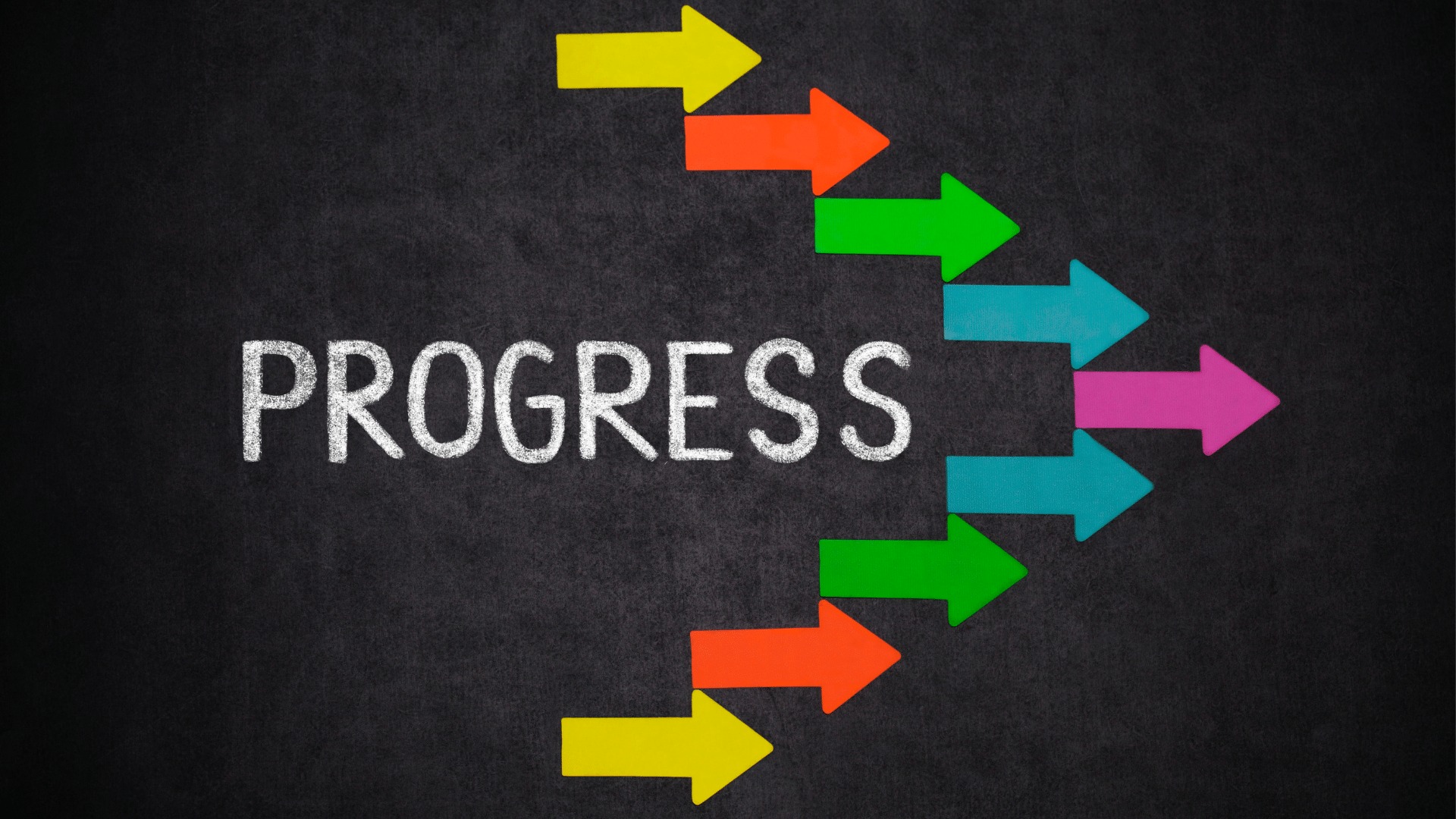In an age where technological innovation races forward at breakneck speed, businesses must not only keep pace but also strategically adapt to harness the full potential of AI technologies. As artificial intelligence permeates every industry, from healthcare to finance to retail, the imperative for organizations to evaluate their adaptability has never been more pressing.
This crucial assessment goes beyond mere familiarity with AI tools; it requires a deep dive into your company’s culture, processes, and willingness to evolve. Are your teams ready to embrace change? Do you have the infrastructure to support new AI capabilities? This article will guide you through the essential steps to measuring your business’s readiness for AI integration, empowering you to thrive in a landscape defined by constant transformation and innovation.
Whether you’re a small startup or an established enterprise, understanding your adaptability to AI is not just beneficial—it’s vital for staying competitive in a rapidly evolving marketplace.
Evaluating Current Technology Infrastructure

To effectively evaluate your current technology infrastructure, begin by conducting a thorough audit of your existing systems, software, and hardware capabilities. Assess whether your technological tools can handle the integration of AI solutions seamlessly.
Are your data storage solutions robust enough to support the vast volumes of information AI requires, or do they lag in capacity? Moreover, examine your network infrastructure—does it provide the speed and reliability necessary for real-time data processing and analysis? Engage with your IT team to uncover any bottlenecks or inefficiencies that could hinder your adaptability. Keep your organizational goals in mind, as this evaluation should not only focus on current functionality but also future-proofing your technology landscape against the rapid advancements in AI.
Finally, consider the scalability of your current systems; as your business grows, will they be able to evolve in tandem, or will you find yourself scrambling to catch up?
Assessing Data Management Practices

Assessing your business’s data management practices is a critical step in determining how well you can pivot towards incorporating AI technology. Begin by examining the existing frameworks that govern your data collection, storage, and analysis—are they robust and scalable or prone to inconsistencies? A comprehensive audit should reveal not just the health of your data repositories, but also how they align with industry standards and best practices.
Engage your team in scrutinizing the accessibility and usability of data across departments; fragmented data silos can stifle innovation and slow down decision-making. Moreover, consider the speed at which your organization can adapt to new data regulations and emerging technologies—this agility is essential for leveraging AI effectively.
Finally, reflect on whether your data management strategies are simply reactive or proactive; anticipation of future needs will determine your competitive edge in the evolving landscape of AI.
Monitoring and Measuring Adaptability Progress

Monitoring and measuring the progress of your business’s adaptability to AI technology requires a multi-faceted approach that embraces both qualitative and quantitative metrics. Begin by establishing clear benchmarks that align with your strategic objectives—whether it’s enhancing operational efficiency, improving customer engagement, or accelerating innovation.
Regularly assess employee training programs to gauge their effectiveness in fostering a culture of adaptability. Utilize feedback loops from your teams, capturing insights about their experiences with AI tools.
At the same time, analyze performance data: Are workflows becoming smoother? Is decision-making faster? These elements should intertwine seamlessly; think of them as the heartbeat of your adaptability strategy. As you track these indicators, be prepared to pivot your methods when necessary, ensuring that your approach evolves in sync with the rapid pace of AI advancements.
Ultimately, a dynamic and responsive monitoring system will not only reflect your current adaptability but also illuminate paths for ongoing growth and transformation.
Conclusion
In conclusion, assessing your business’s adaptability to AI technology is essential for maintaining a competitive edge in today’s rapidly evolving marketplace. By evaluating your current infrastructure, understanding your team’s readiness for integration, and identifying areas where autonomous AI agents can enhance efficiency, you can make informed decisions that propel your organization forward. Embracing a culture of innovation and continuous learning will not only prepare your business for the challenges of AI implementation but also position you to capitalize on the transformative potential that this technology offers.
As you embark on this journey, remember that adaptability is not just about adopting new tools; it’s about fostering an agile mindset that values change and encourages collaboration across all levels of your organization.




